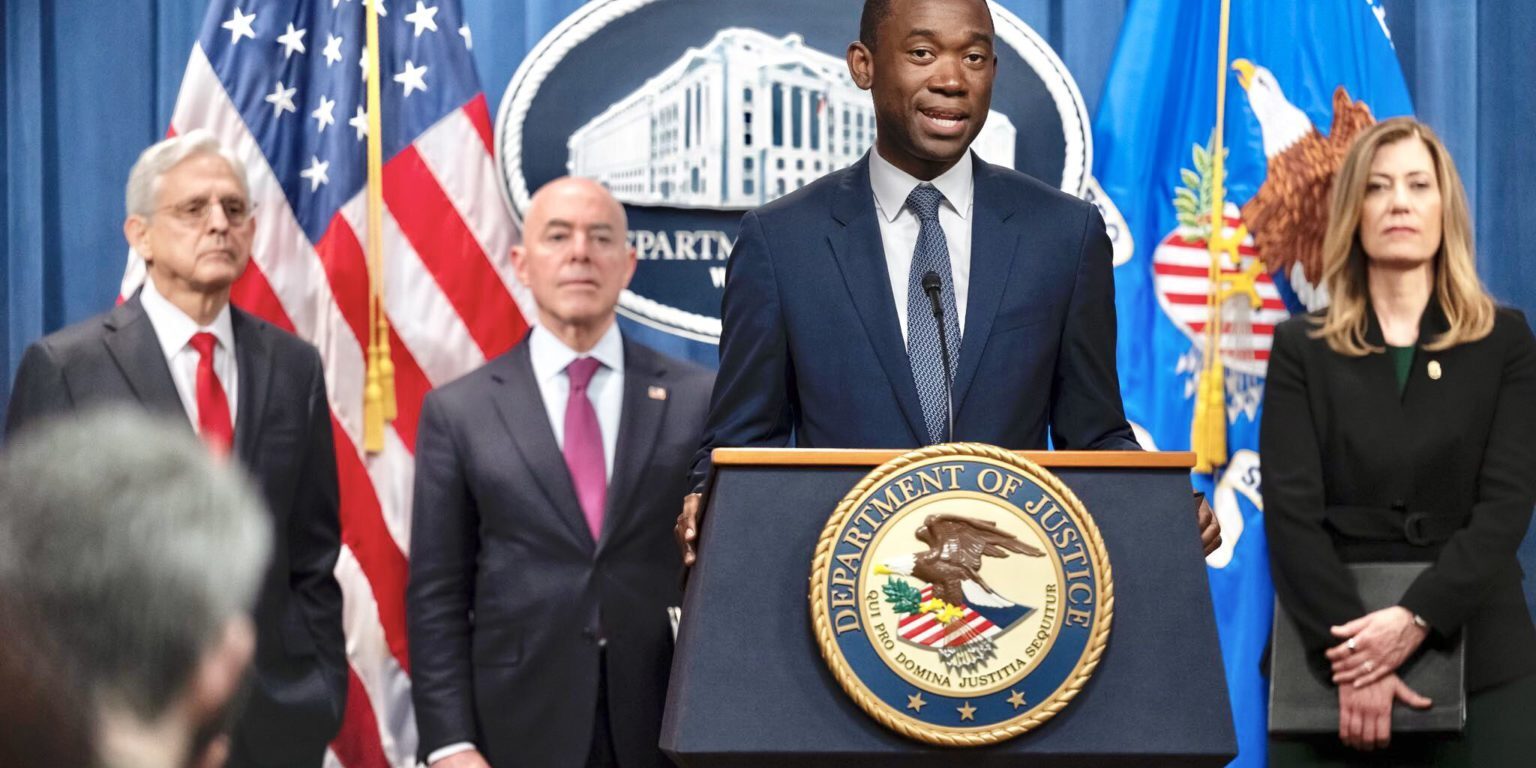In the shadow of the global geopolitical chessboard, the United States is strategically broadening its alliances, eyeing Africa’s rich mineral deposits as a counterbalance to China’s and Russia’s dominance in the critical minerals market. Deputy Treasury Secretary Wally Adeyemo’s recent remarks underscore America’s intent to diversify its supply chains away from these geopolitical rivals, signaling a significant policy direction amidst the tumult of international relations and market dependencies shaped by the pandemic and conflicts.
The backdrop of this strategic pivot is the realization of how deeply entwined the West’s economies are with China’s supply chains and Russia’s mineral exports. The urgency of the energy transition has laid bare the West’s vulnerabilities and the critical need for a secure, sustainable, and diversified supply of minerals essential for the future of energy, from electric vehicles to renewable energy infrastructures.
Africa emerges as a central figure in this narrative, not only for its untapped wealth of critical minerals but also as a geopolitical ally in creating a more balanced and less vulnerable global supply chain. The continent’s potential to alter the dynamics of the global mineral market has caught the attention of the U.S., which is now working alongside G7 allies to bridge infrastructure gaps and facilitate private investment, aiming to foster an environment where African minerals can be ethically and sustainably sourced.
However, this grand vision is not without its challenges. China’s entrenched investments and infrastructure projects across Africa present a formidable status quo to shift. Moreover, the U.S.’s approach to Russia, particularly in the delicate dance of sanctions and diplomatic pressures, underscores the complex interplay of economics, geopolitics, and ethical considerations in securing a future that is not only prosperous but also equitable and sustainable.
As the U.S. navigates these turbulent waters, the support for companies engaging in the ethical extraction and sourcing of minerals becomes paramount. The call for innovative policies, including financial incentives and tariffs, reflects a broader acknowledgment that the path to a sustainable and secure global mineral supply chain is not just through mines and markets but through forging partnerships that respect both the environment and the dignity of communities across the globe. Meanwhile, African nations are veering to South-South cooperation. Uganda and Namibia persue oil coorperation, and Burkina Faso, Niger and Mali have revised their mineral relationship with France and have hinted of a new currency. The DRC still suplies about 50% of some of the most critical minerals while Ghana is reported to have repositioned herself in the mineral criticality domain.
The United States is indeed strategically redirecting its focus towards Africa’s abundant mineral resources, positioning the continent at the forefront of evolving global mineral dynamics. This maneuver signifies a geopolitical competition, as Africa becomes a pivotal battleground for securing vital minerals critical to future technologies and energy transitions. This strategic shift reflects the complex interplay of international relations and economic strategies aimed at diversifying supply chains and reducing reliance on dominant global players.






